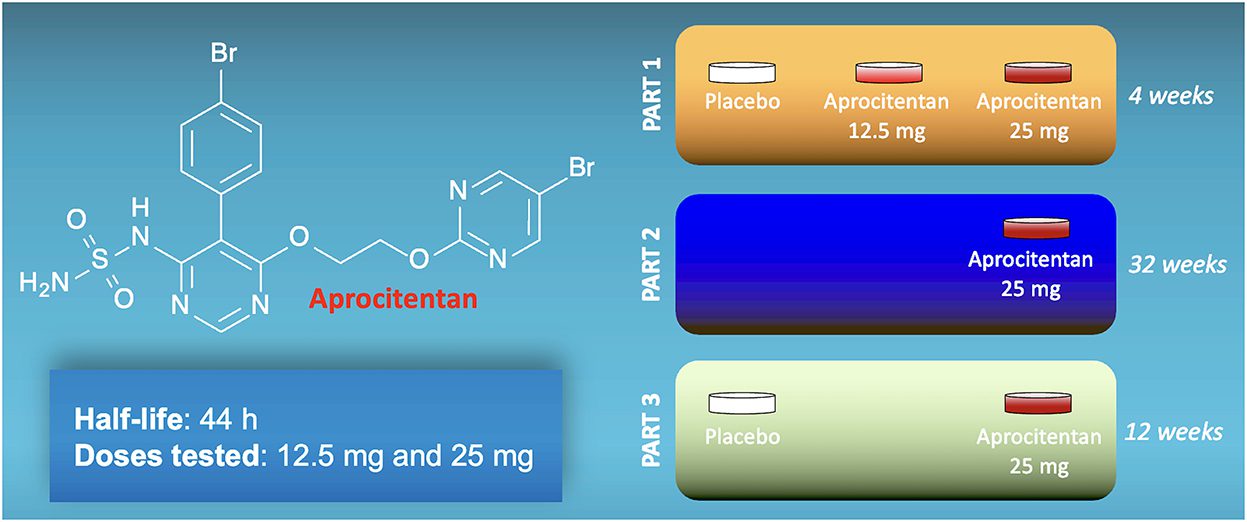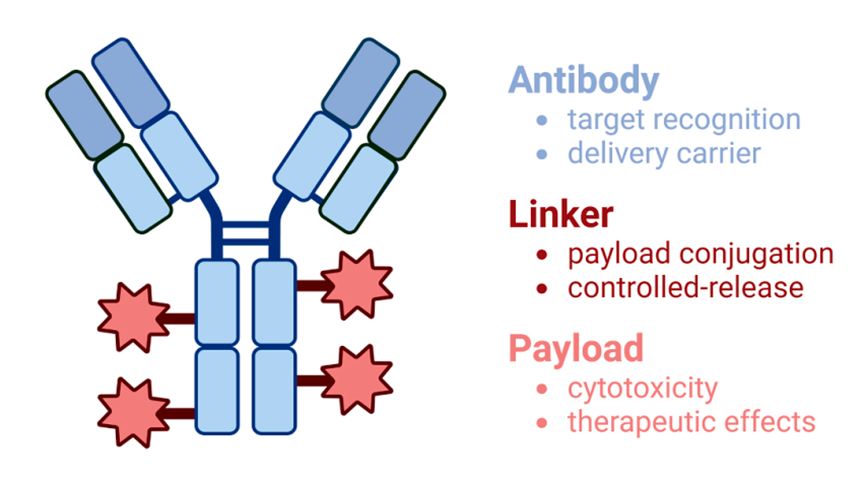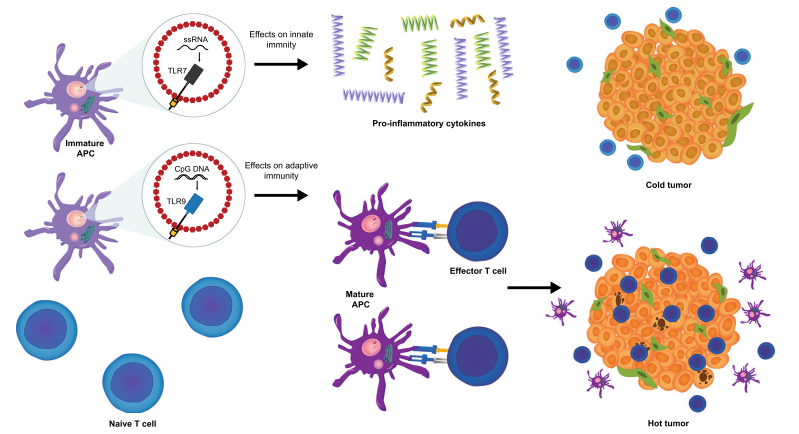Aprocitentan: A Breakthrough in Treating Resistant Hypertension
Abstract
Aprocitentan is a novel endothelin receptor antagonist approved for the treatment of resistant hypertension, a condition where blood pressure remains high despite the use of three or more antihypertensive drugs. By blocking endothelin receptors, aprocitentan helps to relax and dilate blood vessels, leading to a reduction in blood pressure. Clinical trials, including the PRECISION trial, have demonstrated its efficacy in significantly lowering systolic blood pressure, offering hope for patients with difficult-to-control hypertension. This medication is typically used in combination with other antihypertensive agents and can be especially beneficial for high-risk individuals. However, like all medications, aprocitentan comes with potential side effects, such as fluid retention and liver issues, requiring careful monitoring. As a new treatment option, aprocitentan represents an important advancement in the management of hypertension and paves the way for future research into endothelin receptor antagonists.
Introduction
Hypertension, or high blood pressure, affects nearly 1 in 3 adults worldwide, putting them at risk for serious health problems like heart disease, stroke, and kidney failure. While many people can manage their blood pressure with medications, treatment-resistant hypertension (high blood pressure that doesn’t respond to standard treatments) remains a significant challenge. Enter Aprocitentan, a groundbreaking medication that offers new hope for those struggling to control their blood pressure.
In this post, we’ll explore how aprocitentan works, who can benefit from it, and why it might be the next step for people with difficult-to-manage hypertension.
What is Aprocitentan?
Aprocitentan, marketed under the brand name Tryvio, is a novel endothelin receptor antagonist used to treat resistant hypertension. It works by blocking endothelin, a natural substance in the body that constricts blood vessels, raising blood pressure. By inhibiting endothelin’s effects, aprocitentan helps to relax and dilate blood vessels, making it easier for blood to flow and lowering overall blood pressure.

Figure 1. Structure of aprocitentan and schematic representation of the three parts of the PRECISION trial.
What makes aprocitentan unique is that it is the first systemic antihypertensive drug specifically designed to target the endothelin pathway, a relatively unexplored route in blood pressure management. This innovative approach offers a new solution for those who haven’t had success with conventional antihypertensive medications.
Clinical Trials and Efficacy
The efficacy of aprocitentan was demonstrated in the PRECISION trial, a large, phase 3, multinational study. In this trial, over 700 adults with treatment-resistant hypertension (defined as having a systolic blood pressure of 140 mmHg or higher despite taking at least three antihypertensive drugs) were treated with either aprocitentan or a placebo.
The results were promising: patients taking aprocitentan experienced significant reductions in systolic blood pressure compared to the placebo group. Specifically, those who took 12.5 mg or 25 mg doses of aprocitentan saw a decrease of around 15 mmHg in office systolic blood pressure, while the placebo group only saw a 4-5 mmHg drop. This demonstrated aprocitentan’s superior ability to control blood pressure in patients who were otherwise unresponsive to standard therapies.
These results underscore aprocitentan’s potential as a key option for managing resistant hypertension, especially for patients whose blood pressure remains high despite a combination of other treatments.
Who Can Benefit from Aprocitentan?
Aprocitentan is primarily intended for people with resistant hypertension, or those whose blood pressure remains elevated despite taking three or more antihypertensive medications, including a diuretic. This condition is particularly concerning as untreated hypertension can lead to serious complications such as stroke, heart failure, kidney damage, and vision loss.
Patients with additional health concerns, such as diabetes, ischemic heart disease, or congestive heart failure, are at an even higher risk for complications from high blood pressure and could benefit significantly from aprocitentan.
In many cases, aprocitentan is not used alone; it is typically prescribed alongside other antihypertensive drugs to provide comprehensive blood pressure control. This combination approach allows patients to benefit from different mechanisms of action, improving their chances of achieving optimal blood pressure levels.
Safety and Side Effects
Like any medication, aprocitentan comes with its potential side effects. Most commonly, patients may experience mild to moderate edema (swelling in the hands, feet, or ankles). Some individuals may also develop more serious side effects, such as liver dysfunction, which can manifest as nausea, loss of appetite, dark urine, or yellowing of the skin and eyes. If these symptoms occur, immediate medical attention is necessary.
Other possible side effects include fluid retention, rash, and swelling of the face or throat, which can be severe in rare cases. Patients are advised to monitor for these symptoms and report any unusual changes to their doctor.
Before starting treatment with aprocitentan, it is crucial to inform your doctor about any existing medical conditions, especially liver or kidney disease, heart failure, or pregnancy. Aprocitentan is not recommended for breastfeeding mothers, and both men and women should discuss any concerns about fertility with their healthcare provider.
How to Use Aprocitentan
Aprocitentan is typically taken as a once-daily tablet, with or without food. To achieve the best results, it’s important to take aprocitentan consistently at the same time each day, following your doctor’s prescribed dosage.
While aprocitentan is a powerful tool in managing high blood pressure, it works best when combined with lifestyle changes. These include eating a balanced diet (low in salt and saturated fats), staying physically active, managing stress, and avoiding smoking and excessive alcohol consumption.
The Future of Hypertension Treatment
The approval of aprocitentan marks an important milestone in the treatment of resistant hypertension, offering a new option for patients who have struggled with other medications. As endothelin receptor antagonists represent a new class of drugs for blood pressure management, there is great potential for further research to expand their uses in treating other cardiovascular conditions.
Aprocitentan’s approval opens the door to further advancements in blood pressure treatment, particularly for those with complex or resistant hypertension. Its success could pave the way for even more targeted therapies that address the root causes of hypertension.
Conclusion
For individuals living with resistant hypertension, aprocitentan offers a new ray of hope. By targeting a unique pathway in the body, this medication can effectively reduce blood pressure and lower the risks associated with uncontrolled hypertension. If you’re struggling to control your blood pressure with existing medications, it may be time to talk to your healthcare provider about aprocitentan.
By working together with your doctor to develop a comprehensive treatment plan, you can take steps toward healthier blood pressure levels and a reduced risk of cardiovascular events. Remember, alongside medication, making positive lifestyle changes will also play a key role in managing your health.
References
- Yao Y, Fan B, Yang B, et al. (2023). Aprocitentan: A new development of resistant hypertension. J Clin Hypertens (Greenwich), 25(7), 587-590. DOI
- Dhillon S. (2024). Aprocitentan: First Approval. Drugs, 84(7), 841-847. DOI
- Mahfooz K, Najeed S, Tun HN, et al. (2023). New Dual Endothelin Receptor Antagonist Aprocitentan in Hypertension: A Systematic Review and Meta-Analysis. Curr Probl Cardiol, 48(7), 101686. DOI
- Heidari Nejad S, Azzam O, Schlaich MP. (2023). Dual Endothelin Antagonism with Aprocitentan as a Novel Therapeutic Approach for Resistant Hypertension. Curr Hypertens Rep, 25(10), 343-352. DOI
- Narkiewicz K. (2024). Aprocitentan: a novel option for treatment of resistant arterial hypertension. Pol Arch Intern Med, 134(5), 16764. DOI




